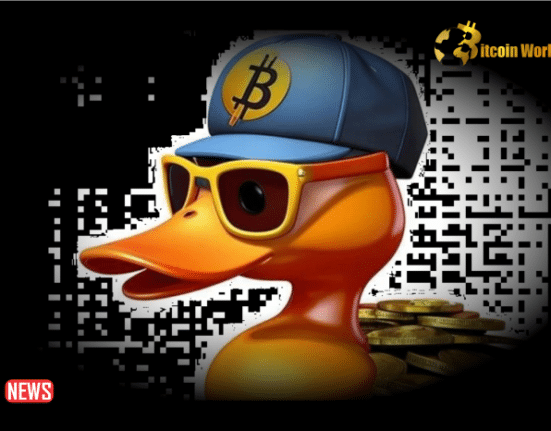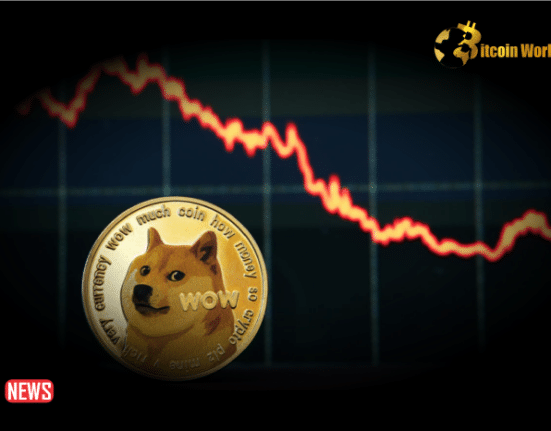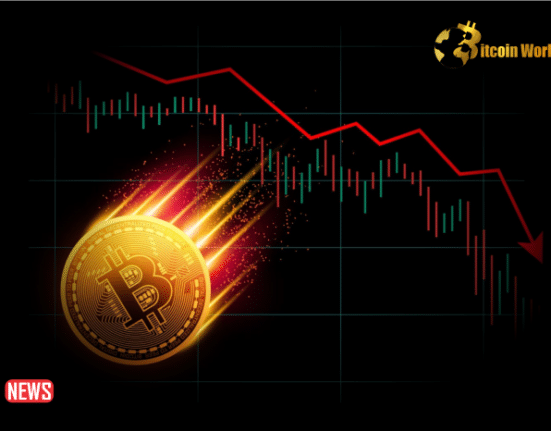Pond0x has recently announced a significant milestone, with its decentralized exchange (DEX) achieving a remarkable $100 million in cumulative trading volume. This noteworthy development was conveyed via a post on the official Pond0X channel’s social media account dated September 28th. The journey to this achievement, however, was not without its tribulations. Earlier, during the launch of Pond0X’s native token, PNDX, investors endured losses exceeding $2 million due to an unforeseen functionality that allowed unauthorized transfers of the token. It’s important to note, though, that supporters contend that these losses were not attributable to the project’s developers.
As substantiation of Pond0X’s impressive trading volume, the official channel cited a Dune dashboard, thoughtfully created by a user known as Mogie. According to this dashboard, the total trading volume surpassed $111 million as of September 29th.
The launch of the PNDX token on July 28th was marred by controversy. Critics raised allegations of a rug pull or exit scam, primarily stemming from the unconventional manner in which Jeremy Cahen, also known as “Pauly,” introduced the coin. In a post on X (formerly Twitter), Cahen shared a link to an app enabling individuals to exchange a fixed amount of Ether for a corresponding amount of PNDX. He also disclosed the contract address for the token.
In response, some investors turned to Uniswap, utilizing the contract address to identify and acquire PNDX. As demand surged, the price on Uniswap quickly outpaced the cost of minting PNDX, resulting in minters profiting from the price differential. Detractors argued that this process effectively transferred over $2 million from Uniswap buyers to those minting PNDX through the app. The ETH deposited into the app’s contract lacked any means of retrieval, fueling allegations that the project’s intent was to siphon funds from investors to Cahen.
Moreover, coding experts began to highlight an unconventional aspect of the token: the absence of a standard transfer function. Instead of restricting transfers to token owners, PNDX permitted anyone to initiate transfers, leaving each PNDX holder vulnerable to potential “theft” by skilled programmers. On July 29th, Solidity enthusiast and blogger Sm-stack conducted a test in Foundry, providing empirical evidence of this vulnerability.
Despite these controversies, more than two months post-launch, Pond0X continues to amass a dedicated following on Twitter. Responses to official posts frequently express sentiments like “FEELS GOOD MAN” and “Best DEX, don’t see a reason to use any other, to be honest.”
On July 29th, crypto trader and blogger Antony Williams claimed to have thoroughly examined the app’s smart contract code, shedding light on its mechanics. According to Williams, Pond0x can be fundamentally categorized as an LP Farm rather than a blatant scam. The app assigns each user a unique ID that determines their share of Pepe tokens within a reward pool. Users can augment their Pepe rewards by invoking the “BribeforLevelUp” function, which necessitates a 0.26 ETH deposit. This ETH is subsequently employed to procure Pepe tokens, contributing to the reward pool. Additionally, the exchange assigns a “Score” to each user, with higher scores equating to greater potential trading fee rewards, all other variables being constant.
Williams did not affirm immediate reward claims but posited that the developer likely harbored intentions of disbursing them in the future. He also asserted that the PNDX token could be considered as having nominal value, potentially designed to circumvent legal complications.
Pond0X successfully inaugurated its decentralized exchange on September 1st. As attested by the aforementioned Dune dashboard, the DEX has now eclipsed the $100 million mark in trading volume, demonstrating that despite criticism, it has garnered the attention and participation of a resilient cadre of traders.















